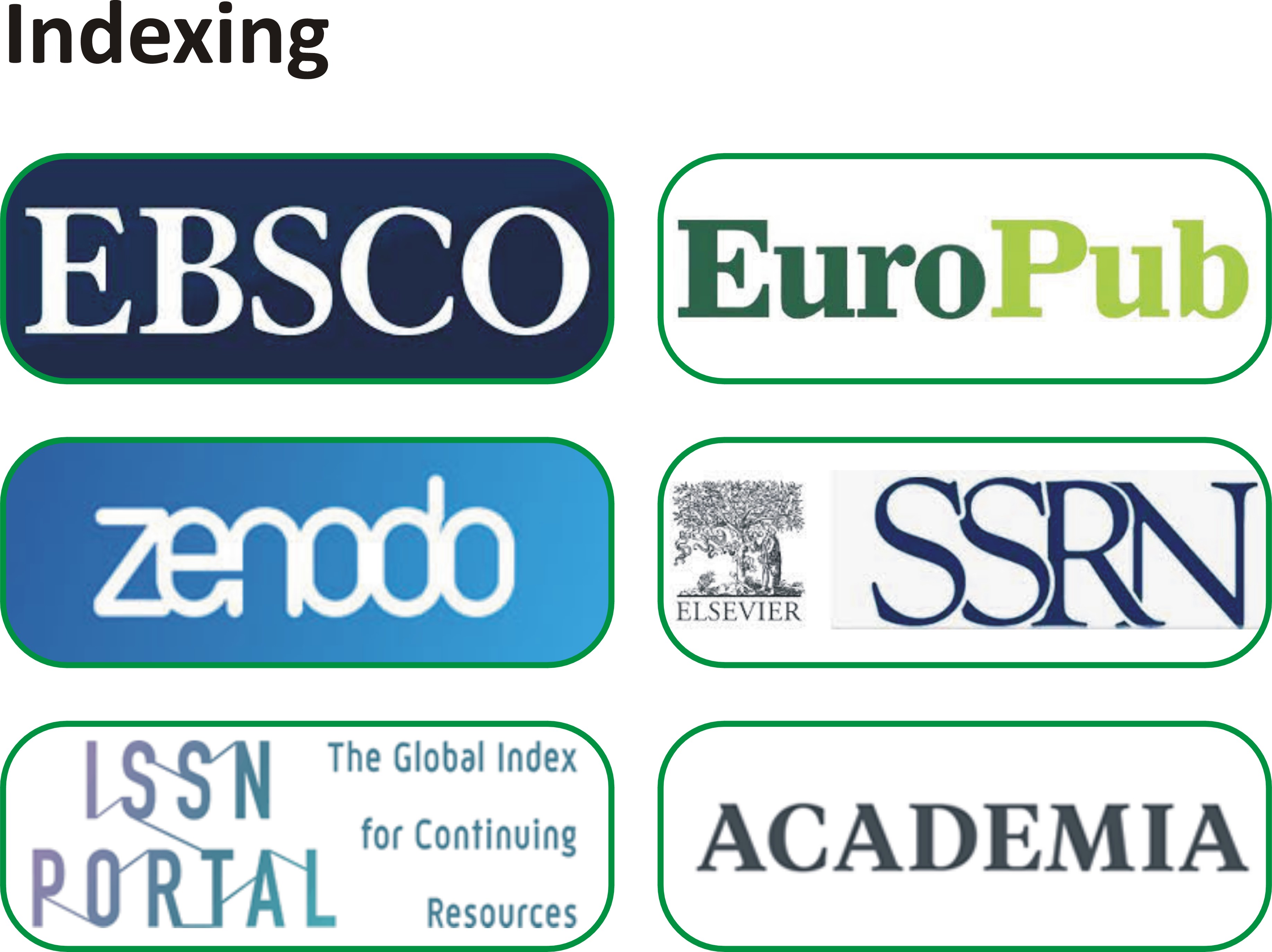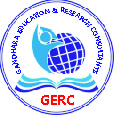Determining the Relationship of Green HRM towards Environmental Performance of Manufacturing Sector in Pakistan
Abstract
The primary objective of this study was to examine the relationship between Green Human Resource Management practices and environmental performance within workplace settings. Utilizing the lens of the AMO (Ability, Motivation, Opportunity) theory, a parallel mediating model was proposed, positing that Green HRM influences environmental performance through the mediating factors of organizational citizenship behavior towards the environment and organizational culture. A sample comprising 183 employees from manufacturing firms located in Rawalpindi and Islamabad, Pakistan, was selected using convenience sampling to test the hypotheses empirically. SmartPLS 3 software was employed, utilizing bootstrap procedures to validate the hypotheses. The findings revealed that both organizational citizenship behavior towards the environment and organizational culture play significant roles in augmenting the impact of Green HRM on environmental performance. Moreover, the results indicated that the implementation of Green HRM practices within manufacturing firms has the potential to foster sustainable organizational citizenship behavior and cultivate a green organizational culture. This study contributes significantly to the understanding of Green HRM practices, organizational citizenship behavior towards the environment, and organizational culture, particularly from the perspective of prospective stakeholders interested in promoting environmental sustainability within organizations. By empirically confirming the relationships outlined in the AMO theory framework, this research underscores the importance of integrating environmentally conscious HRM strategies into organizational policies and practices for achieving enhanced environmental performance and fostering a culture of sustainability.
Copyright Notice Submission of an article implies that the work described has not been published previously (except in the form of an abstract or as part of a published lecture or academic thesis), that it is not under consideration for publication elsewhere, that its publication is approved by all authors and tacitly or explicitly by the responsible authorities where the work was carried out, and that, if accepted, will not be published elsewhere in the same form, in English or in any other language, without the written consent of the Publisher. The Editors reserve the right to edit or otherwise alter all contributions, but authors will receive proofs for approval before publication. Copyrights for articles published in IJSSA journal are retained by the authors, with first publication rights granted to the journal. The journal/publisher is not responsible for subsequent uses of the work. It is the author’s responsibility to bring an infringement action if so desired by the author.



